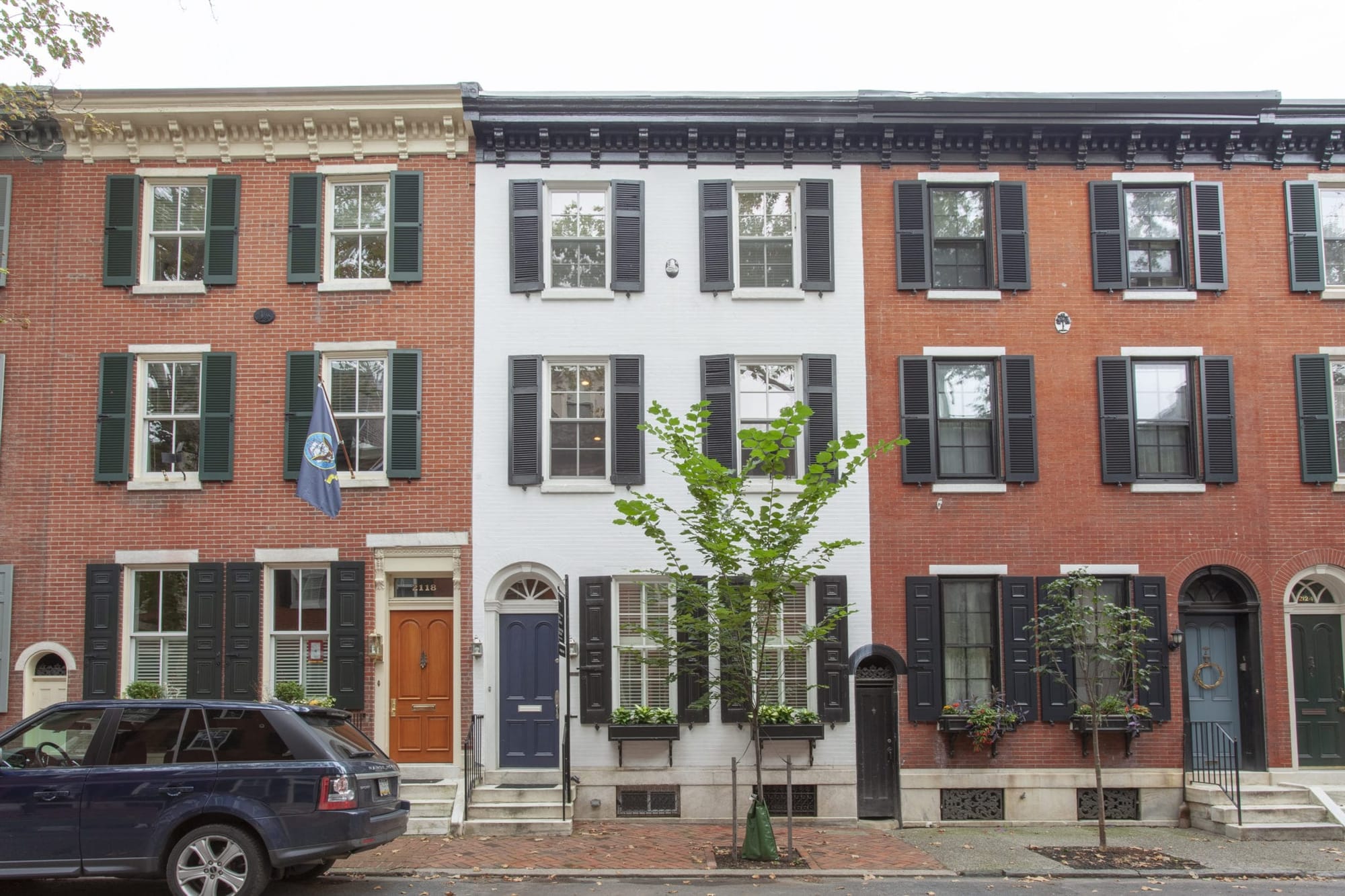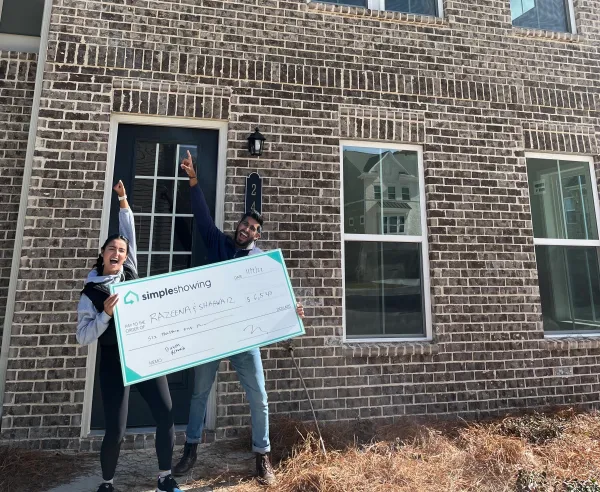Embarking on the journey to find a new home is a significant life decision that warrants thoughtful consideration. Whether you're a first-time homebuyer or a seasoned property seeker, certain crucial factors can shape your choice and influence your overall satisfaction with your investment. In this comprehensive guide, we'll delve into the top considerations to keep in mind as you navigate the process of finding your ideal home.
Define Your Budgetary Parameters
Begin by establishing a clear understanding of your financial landscape. Assess your income, existing debts, and potential mortgage rates to determine a realistic budget. This initial step not only streamlines your search but also ensures you explore properties within a feasible financial range.
Prioritize Location in Your Decision-Making
The adage "location, location, location" holds true for good reason. Delve into the specifics of the neighborhoods you're considering. If you're looking to buy real estate in New York, consider properties in sought-after areas such as Manhattan's Upper East Side for upscale living, Brooklyn's Williamsburg for a vibrant arts scene, or Queens' Astoria for a multicultural neighborhood experience.
If you are browsing options in Philadelphia, take into consideration potential amenities. For a luxurious, waterfront living experience, look into https://riverwalkphiladelphia.com/, which offers a suite of amenities including a fitness center, pool, and outdoor spaces. Amenities like these can significantly enhance your living experience and should factor into your decision-making process.
For those drawn to sunny California, properties in vibrant neighborhoods like Los Angeles' Venice Beach offer a unique blend of beach-side living and eclectic culture, while San Francisco's Nob Hill provides picturesque views and historic charm.
Evaluate factors like proximity to work, accessibility to schools, public transportation options, and the availability of nearby amenities. A thorough understanding of the area ensures your new home aligns seamlessly with your lifestyle and preferences.
Tailor Your Home Size and Layout to Your Needs
Carefully assess your current and future needs regarding the size and layout of the home. Take into account elements like the bedroom count, bathroom layout, and total square footage. Anticipate potential lifestyle changes, whether it's expanding your family or needing a dedicated home office space. Additionally, consider the layout of the home and how it fits your day-to-day routines. For example, if you love to entertain, a spacious kitchen and open floor plan may be essential.
Consider Maintenance Requirements
Owning a home comes with various maintenance responsibilities that can impact your budget and time. When browsing properties, take note of the age of major systems such as the roof, heating and cooling systems, and appliances. Older homes may have more maintenance requirements, while newer homes may come with warranties or updated features. Factor in these costs when determining your budget and make sure you're prepared to handle any necessary repairs.
Think About Resale Value
While it's essential to find a home that suits your current needs and preferences, it's also wise to consider its potential resale value. A well-maintained home in a desirable location and with sought-after features can hold its value or even appreciate over time. Keep this in mind when making your decision, as your new home could potentially be a valuable long-term investment.
Consider Resale Value When Looking for a New Home
Considering the potential resale value of your new home doesn't mean you're planning to move again soon, but it's an important aspect of smart homeownership. Real estate is likely the most significant investment you'll make in your lifetime, so thinking about its future value is crucial. Research the home's previous sale prices and trends in the neighborhood's home values.
A home that's likely to increase in value can be a solid investment, offering financial benefits when you decide to sell. Factors like the home’s location, size, layout, age, and condition can all influence its resale value. Additionally, consider market trends and future development plans for the area. A neighborhood with rising popularity, good schools, and planned improvements like new public transportation or amenities can significantly boost a home's resale value down the line. Keep in mind, that maintaining and upgrading your home over time can also enhance its potential resale value.
Navigate Homeowners Association (HOA) Dynamics
Understanding the dynamics of a Homeowners Association (HOA) is another critical facet when seeking a new home. If the property you're considering is within a community governed by an HOA, familiarize yourself with its rules, regulations, and fees. HOAs can stipulate restrictions ranging from exterior paint colors to the type of landscaping and usually charge monthly or annual fees to cover shared amenities or communal area upkeep. The scope and strictness of HOA rules vary widely, so it's crucial to ensure you're comfortable with the potential restrictions before making a commitment.
Seeking a new home is an exciting endeavor that, with thoughtful consideration, can yield a space that not only meets your needs but also provides an enriching living experience. By defining your budget, considering the location, tailoring the size and layout to your needs, accounting for maintenance, considering resale value, and understanding the dynamics of Homeowners Associations, you can navigate the process with confidence and clarity. Remember that this process is not just about finding a house—it's about finding a place to call home. Happy house hunting!






